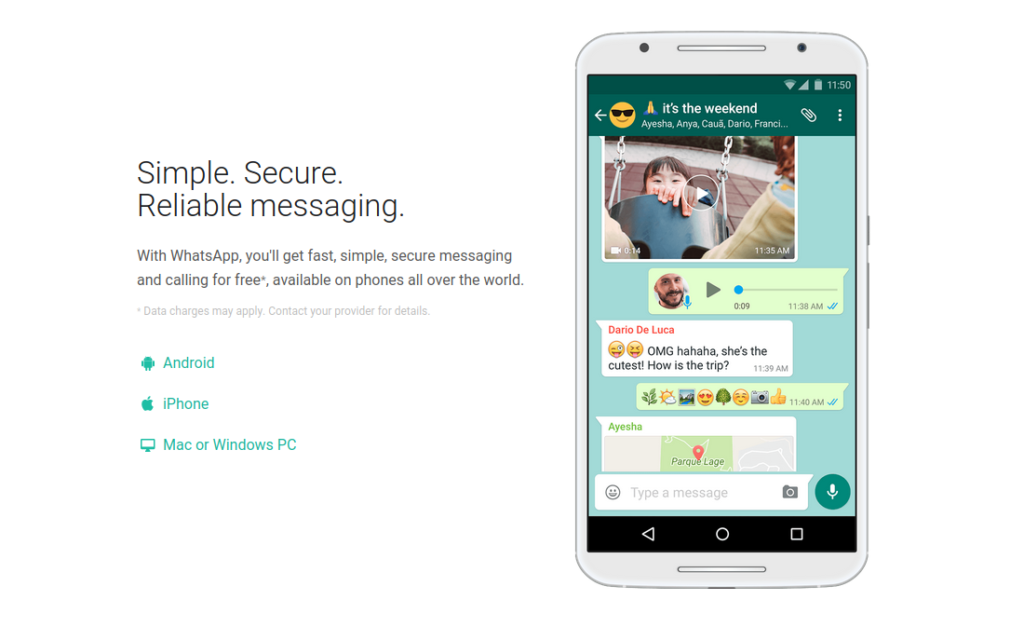
To view this video please enable JavaScript, and consider upgrading to a web browser that supports HTML5 videoīut security is not the only criteria an app is measured by. Threema's program code, however, is not entirely open source. Instead, it simply assigns users an anonymous ID.

The app does not require users to create a profile with their e-mail address or telephone number. It, too, encrypts messages end-to-end and forgoes the collection of metadata. Signal also claims that is the reason it does not store the IP address of a message's sender.
#ICQ APP SAFE CODE#
Signal's program code is open source and available to all online, allowing it to be constantly updated and improved.īeyond that, for more than a year now, Signal has been employing the principle of the sealed sender, which hides a message's metadata - information on the sender, recipient and time attached to every message. Read more: Jeff Bezos, blackmail and the Saudi crown princeīut what is different about Signal? Unlike WhatsApp, Signal is not a commercial program developed by a communications company, but rather one developed by data privacy activists and cybersecurity experts.
#ICQ APP SAFE INSTALL#
However, in February, the European Commission suddenly instructed employees to switch to the popular messaging app Signal due to growing security and data privacy concerns with WhatsApp. Numerous reports have emerged in recent years that WhatsApp's end-to-end encryption may not be sufficient to ensure the privacy of users' data or prevent hackers from using the app to install spyware on devices.

WhatsApp is undoubtedly the benchmark messaging app of the day. European Union politicians concluded much of their Brexit negotiations using the tool it even gave rise to a new term within the European Commission - "WhatsApp diplomacy." So what apps are on the market and what are their pros and cons? Now, digitalization has been catapulted forward by the need for such tools in this time of social distancing. Still, no government - not Germany, nor any others in the EU - had mastered this complex problem before the new COVID-19 pandemic forced the world to begin video conferencing.

That is because such agencies not only depend on the functionality of messaging apps but also on their ability to protect data as well as comply with privacy laws. At the office, phone calls, e-mails and face-to-face meetings are largely still standard practice in many industries, at least when it comes to private businesses. Government agencies seem to lag far behind. This seems especially true of offices and agencies that deal with sensitive or even secret information. Whereas people frequently use any number of messaging and communications tools in their private lives, work is a different matter.


 0 kommentar(er)
0 kommentar(er)
